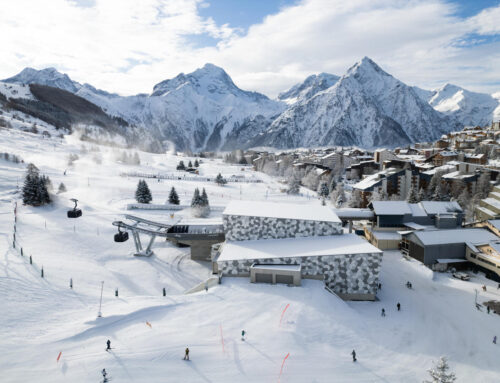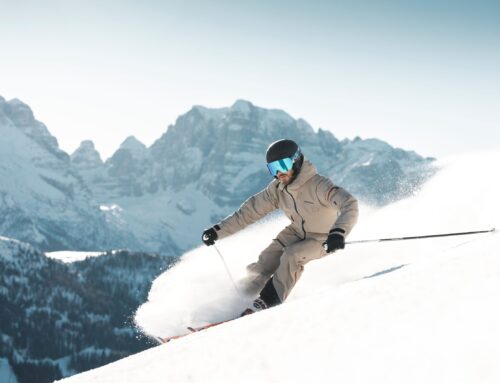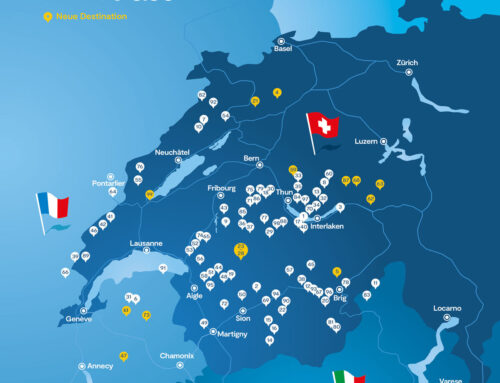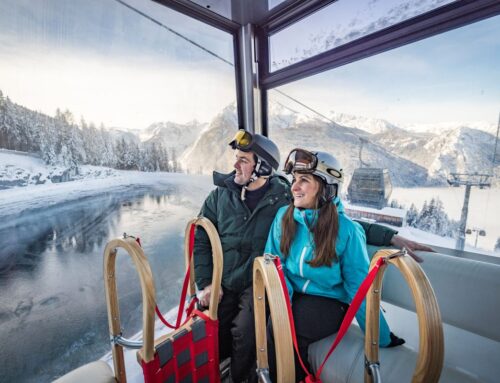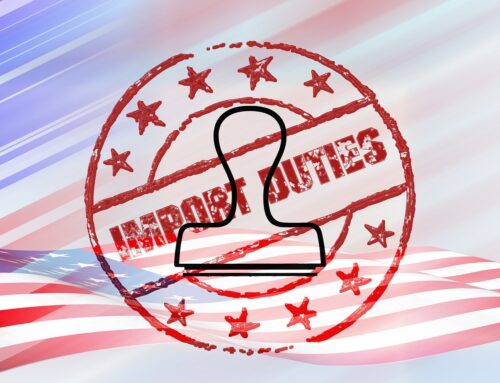
Management & Tourism
How price-sensitive are skiers?
Survey participants were asked about prices for 1-day tickets and 6-day tickets that would be perceived as “too cheap” “favorable”, “expensive” or as “too expensive”.
From the responses, Smart Pricer was able to calculate what percentage of customers would be willing to pay what price, where psychological price barriers lie, and how this differs for 1- and 6-day passes.
From the results of all previous surveys, Smart Pricer has once presented here an aggressive example scenario of a possible, future price range for the 6-day tickets [anonymized example data in EUR].
The top findings
The willingness to pay of different guest segments varies widely, in the example above from €221 to €349 for a 6-day pass. Top mountain railroads spread prices and tap into the willingness to pay of individual customer segments.
Pricing for lift tickets should be well below or above round prices and psychological price thresholds, such as €250 / €300 / €350 should be taken into account.
Swiss guests have an approximately +20% higher willingness to pay than German and Austrian guests.
Response from ski resorts
Against the backdrop of tightening inflation, as well as the deep marks the pandemic has left on ski resorts’ books, most mountain resorts are now opting for one of three paths heading into winter 22/23, according to Smart Pricer.
- Across-the-board price increases of +3 to +5%.
- Smart price increases and forcing online sales by rewarding online early bookers with significant discounts of up to -20% on weak days, but late buyers have to pay +8 – 15% more at the ticket office
- Online dynamic pricing and at the cash desk with wider price ranges than before from -30 to +30% and more.


